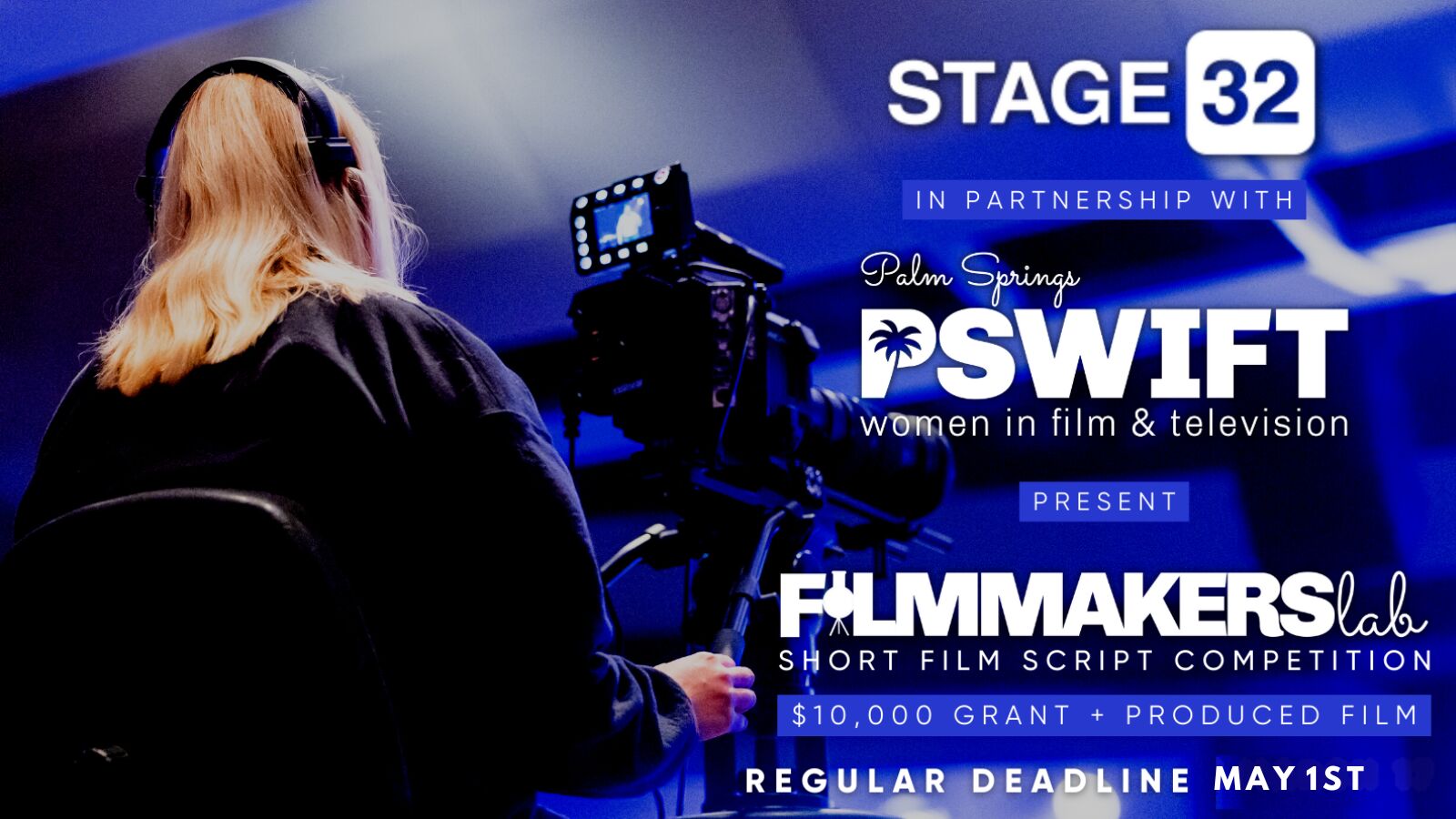There seems to be a lot of differing views about treatments, mainly about the length, which will affect the level of detail within. So my untrained mind is whiring away and am thinking about content of said treatment. The conclusion I have came up with is, (and this is where training or the lack thereof comes in I guess) in order to complete a worthy treatment, one must first know what the reader is looking for. Sure they will want the story etc, but can I also assume they are also looking at filming techniques, very ball park figures, cast and crew etc etc etc.? You can all tell me to piss off to film school and I really wish I could afford both the time and money, but hey if you dont ask you dont get is one of my motto's. J x



I usually ask what they want, with the very same argument and everybody in the business will agree that there are no decent standard that work worldwide. From script formats, page-sizes, etc. etc. I couldn't send a hard copy of a script to an American studio, because we don't have the paper, nor that 3-pin thing that is standard in the USA to bind the paper with. Digital sharing, luckily, has changed that a lot. If I make a treatment without instructions, like a default handout, I usually make more than one version and I also keep working on it with the feedback I get. There is no one way that works for all, so don't even try. :)
1 person likes this
As the writer I have never written a treatment that includes filming techniques, budgets or cast and crew suggestions. I write the story. I've never even heard that view of treatments until right now. In my experience the reader is looking for a great story with compelling characters. Nothing more. I happen to also be a producer so I understand budgets and I'm a director so I know filming techniques but I can't imagine that anyone thinks the writer should understand either.
I agree with Rik. I do however add ideas somewhere, if they can benefit the project. The web series I am currently working on, has a little different approach than most web series, because I believe that there is much more narrative room on the net, than people realize or utilize. Which is why I add the ideas I have for the show, so a potential collaborator can see that there is more to the whole thing than just a simple story. Usually that is not much more than a few notes - as I would include the actor I had in mind, if I would write it that specific (which I normally don't). In the case of that specific series, it a whole lot of marketing ideas and additional venues that could be explored, because it works and it enhances the story and the experience of the audience. And the audience is who I have in mind, first and foremost. I think that people tend to over complicate some things. One to three pages with as compact and engaging compilation of what you idea is about, will probably work for most people, regardless of what might be considered standard. If I would judge a project by the paper-format it uses, I would do considerably reduce my horizon. If I keep reading, because I like it, I won't mind the formating as much. It is different for a script, because there is a direct relation between content and context. Visually and organizationally. One page is one minute - that would never be true without the standard.
Thanks guys appreciate the input... I think that is what I was getting at when I said one must know what the reader wants. Its their experience that fills in the gaps But I as a writer have no idea what those gaps are. Perhaps I'm not making sense. But I do appreciate your comments and take them on board. Regards J
1 person likes this
Sorry, Joseph, but you aren't making sense to me. In my experience the reader of a treatment wants to know the story and characters. Nothing more. No gaps to fill in. Now one most know that projects producers are looking for. No need to send a RomCom to a producer looking for horror. But I guess I just don't understand the gaps you feel need to be filled in.
Sorry if you feel Im not making sense but I am to me and you've all answered my question beautifully thank you. Cory great breakdown appreciate you taking time as I do all of you. Have a great rest of the week. Kindest Regards j
All are good advice .......Just resarch and find out what you're market desires
2 people like this
Being a professional writer and producer, I refuse to write a treatment. I find them to be a giant waste of time from both points of view. I either do a one sheet or a screenplay. I won't even look at a treatment. Here is why: No one has the time to read a treatment any more, so you give them the bullet points in a one sheet. If they like that, then you don't waste their time and energy by writing a treatment. Write a first draft of the actual script, even if it ends up being very short, it will give the true feeling of the project. You can take the time to beef it up later with extra scenes and dialog. As a producer, I read one sheets or the finished project. I don't waste my time to read treatments. And I know a lot of producers who feel the same about treatments.
Nice thanks again peoples you are all helpful
I have the same experience as Scott. I don't know of any producers who will look at a treatment - especially one for a script that has not yet been written. They will have a script covered and read the coverage.